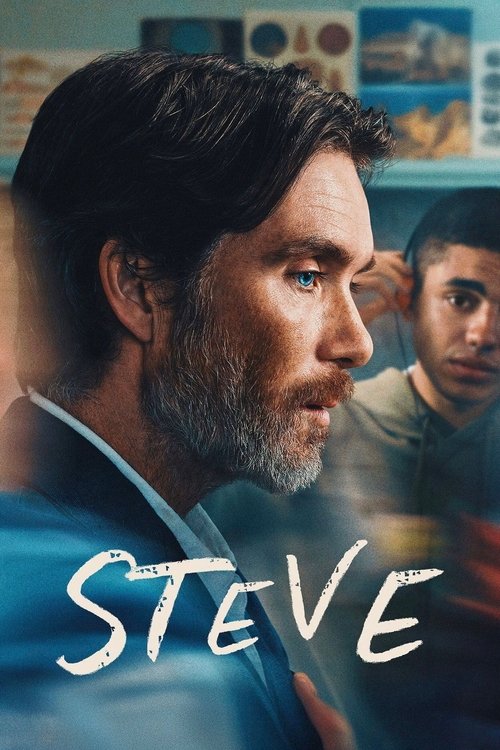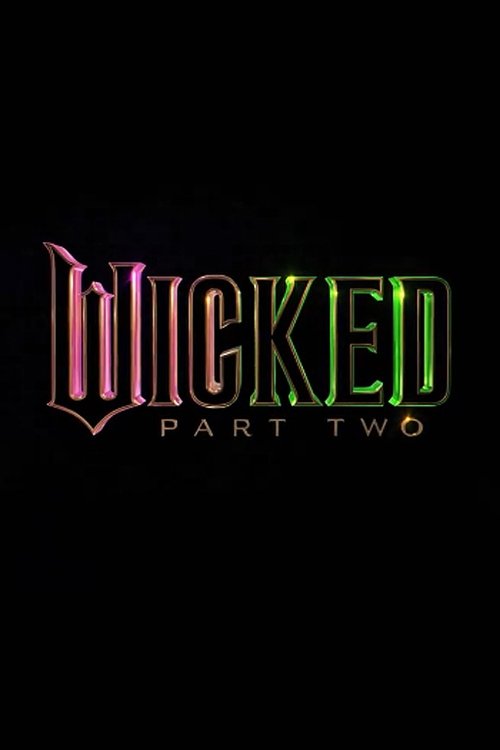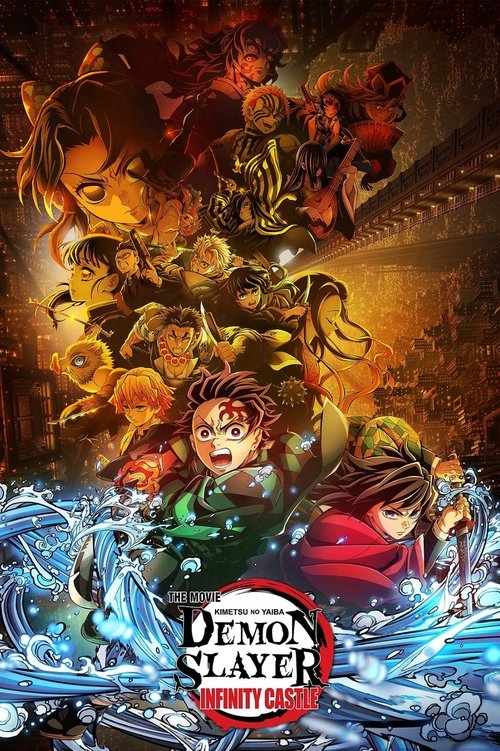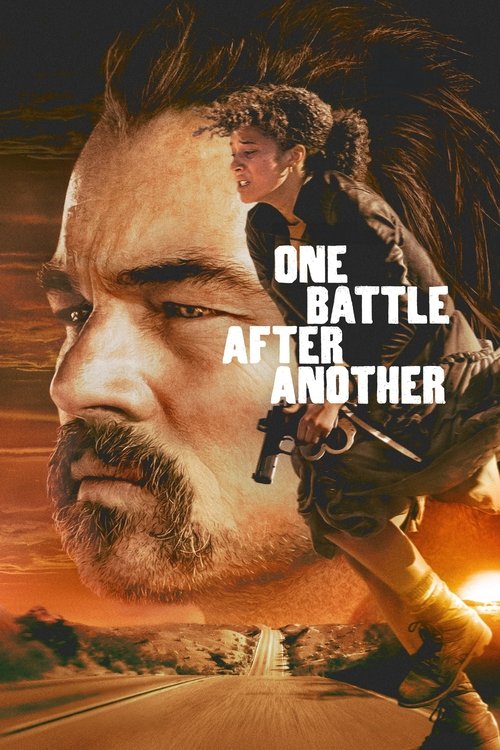
Ask Your Own Question
What is the plot?
Hazel Grace Lancaster lives in Indianapolis and copes with thyroid cancer that has spread to her lungs. Her mother, convinced that Hazel is sinking into depression, insists she attend a weekly support group for people with cancer. Hazel goes to the meeting and sits apart from the others; she answers questions in a dry, controlled way and listens more than she speaks. At one of these sessions she meets Augustus Waters, who is there to support his friend Isaac, a young man undergoing treatment for eye cancer. Augustus, who lost a leg to bone cancer years earlier and is currently in remission, greets Hazel with a combination of charm and bravado, and he quickly directs the conversation toward literature and jokes.
Hazel and Augustus begin talking after the meeting and find they share a taste for certain books and dark humor about illness. They decide to exchange favorites: Augustus hands Hazel his preferred novel, The Prince of Dawn, and Hazel presses him to read An Imperial Affliction, a short, spare novel about a girl with cancer named Anna whose story stops abruptly at an unresolved moment. Hazel is obsessive about that book because she believes it is one of the only accurate portrayals of what living with a terminal illness feels like. She has been trying to locate the novel's reclusive author, Peter Van Houten, who lives in Amsterdam and has refused public appearances since the book's publication.
Over the following weeks Hazel and Augustus correspond by phone and text and spend more time together in person. Augustus reveals that he has been communicating with someone connected to Van Houten; he tells Hazel that he has tracked down Van Houten's assistant, Lidewij, and that he has engaged in email exchanges that suggest Van Houten will answer their questions only if they meet him in person. Augustus organizes a surprise: through a wish-charity organization he secures plane tickets for them both to fly to Amsterdam. Hazel's primary physicians are initially reluctant to let her travel because her lungs are fragile, and she experiences a setback that includes increased coughing and fatigue. After review of her scans and a discussion of risks, her doctors sign off on the trip, stipulating precautions for her during the flight and while abroad.
Hazel and Augustus arrive in Amsterdam and check into a hotel. Lidewij arranges for them to have a dinner that she presents as a courtesy organized by Van Houten, and during that meal Augustus takes advantage of the romantic setting to say that he loves Hazel. He frames the moment deliberately and speaks his feelings with a mixture of intensity and tender sarcasm. Hazel responds in kind, and the two leave the restaurant that night walking along the canals, buoyed by the adrenaline of travel and the intimacy of their exchange.
The following afternoon Lidewij brings Hazel and Augustus to the house where Peter Van Houten is supposed to live. They enter his residence and find a small, dim room and a man who drinks frequently; Van Houten presents as bitter and abrasive, and he answers Hazel's carefully prepared questions with sarcasm and contempt. He refuses to provide the kind of closure Hazel seeks about An Imperial Affliction, and he taunts her for treating the novel as a source of objective truth about illness. As Augustus watches, Van Houten demeans Hazel's medical condition and mocks her desire for honest answers. Hazel and Augustus leave the house abruptly, upset and shaken by his hostility.
After they step out into the daylight, Lidewij hurries after them. She tells them that the emails they had been reading and the polite correspondence they believed came from Van Houten had actually been written by her; she arranged the meeting with the author without his prior consent in an attempt to placate the visiting teenagers. Lidewij apologizes for Van Houten's behavior and offers to show them Amsterdam as a way to make amends. Hazel and Augustus accept, and Lidewij guides them to the Anne Frank House. Inside the museum the three move through tight corridors and the claustrophobic annex spaces; the quiet and gravity of the place press on Hazel and Augustus. In one quiet room after the visit, Augustus leans toward Hazel and they share their first kiss. Later that evening they return to Augustus's hotel room, where they strip away formality and physical restraint and have sex. The sequence is presented in straightforward detail: they undress, touch, and lie together in bed. The morning light finds them asleep in the same sheets.
The next day in private, Augustus sits across from Hazel and tells her that his doctors have delivered devastating news: his cancer has returned and metastasized. He explains the scans show tumors in multiple locations and that his condition is no longer curable; his prognosis is terminal. He tells Hazel this with a mixture of defiance and defeat, articulating the diagnosis in clinical terms and then placing the emotional weight on the table between them. Hazel listens; she asks questions, sometimes bluntly, sometimes in an attempt to control the panic rising inside her. Augustus frames the news in his usual theatrical way, but his hands tremble and his voice tightens as he acknowledges that he will die from the disease.
They return to Indianapolis together, and Augustus moves through his life with an urgency sharpened by prognosis. He and Hazel spend time together at his house, at her home, and with their mutual friends from the support group. Augustus's health fluctuates; on some days he retains energy and the ability to joke and plan, on others he is weak and breathes with difficulty. He decides to organize what he calls a "pre-funeral": a private gathering at which he requests that those closest to him read the eulogies they have prepared so that he can hear them before he dies. He invites Hazel and Isaac to the event. Isaac comes with a mixture of stoicism and anger about his own condition; he reads his prepared remarks and sobs in a way that shows the rawness of his frustration. Hazel steadies herself and delivers the eulogy she has written for Augustus. In that speech she tells Augustus that she would not trade the short time they have had together for any amount of years lived without him; she speaks to him of ordinary moments, repeating details of their time together, and she affirms her gratitude for their relationship.
Eight days after the pre-funeral the family gathers at Augustus's home and at a local church for his funeral. Augustus dies in Indianapolis from complications of his recurrent, metastatic cancer; no other person inflicts the death. The service opens with the reading of hymns and the presence of people from the support group and from Augustus's life. On the day of the funeral Peter Van Houten arrives in town, a decision he makes under pressure: during the service he explains to the assembled crowd that Augustus had demanded Van Houten come to the funeral. Van Houten speaks with a mix of contrition and bluster; he apologizes for the earlier insults he leveled at Hazel and Augustus in Amsterdam, acknowledging in measured statements that he behaved badly. He tells the mourners that An Imperial Affliction was inspired by his own daughter, Anna, who died of leukemia when she was young, and he elaborates that his personal grief informed the book's structure and its abrupt ending.
After Van Houten's remarks he approaches Hazel and gives her a small piece of paper folded into his hand. Hazel accepts it with a flat expression; she folds the paper into her pocket, steps away from the crowd and sits in the car with her mother. Inside the closed car she smooths the paper out, reads it once, then crumples it and tosses it aside out of frustration and fatigue. Isaac later finds Hazel and tells her that the scrap of paper contains a letter from Augustus that Van Houten had helped him prepare. Isaac explains that Augustus had wanted Van Houten's assistance in composing a eulogy that could capture the particularity of his feelings for Hazel and that he had dictated some parts and instructed Van Houten to shape the words.
Hazel retrieves the discarded note after Isaac's explanation. She unfolds the paper and reads Augustus's handwriting and the sentences Van Houten shaped for her. The letter contains Augustus's explicit acceptance of his fate and his declaration of love; he writes that he is aware of the smallness of the time they had and that he would choose her all the same. As Hazel reads, the camera follows line after line of the letter and her face moves through expressions of grief, memory, and a kind of private solace. When she finishes the last sentence, Hazel lies back on the grass in her backyard. She sets the letter down and tilts her head to the sky; she stares upward at the night and the passing stars, and she allows herself to smile. The final image holds on her posture as she breathes in and out, stationary on her back on the lawn while neighbors' lights glow and the night moves on above her.
What is the ending?
The ending of Mike Birbiglia: The Good Life (2025) concludes with Mike reflecting on his relationships as both a son and a father, arriving at a heartfelt understanding of what constitutes a good life, blending humor with poignant personal insights.
In the final scenes, Mike Birbiglia recounts a series of deeply personal stories that lead to a thematic resolution about life's meaning. The narrative unfolds as Mike shares moments involving his daughter and his father, weaving humor and vulnerability. He describes a difficult decision about donating bone marrow to a child, a story that balances tension and comedy, illustrating the complexity of love and responsibility. As the marrow donation story reaches its climax, Mike reveals he ultimately did not go through with it, a choice that underscores the emotional weight of the situation.
Following this, Mike transitions into reflections on his role as a father and son, sharing anecdotes from family life and parenting, including the chaos of kids' parties and the challenges of marriage. These scenes are delivered with a mix of laughter and tears, emphasizing gratitude and acceptance. The special closes on a note of deep appreciation for life's imperfections and the connections that define it.
At the end, Mike himself remains the central figure, having grown through these experiences. His daughter and father are present in the stories but their fates are not dramatically altered in the conclusion; rather, their relationships with Mike are what shape the narrative's resolution. The ending leaves the audience with a sense of warmth and thoughtful reflection on love, family, and the everyday moments that make life meaningful.
Expanded narrative of the ending scene by scene:
The special's closing segment begins with Mike recounting the bone marrow donation story. He describes the emotional turmoil of being asked to donate marrow to a child, a request that forces him to confront his own limits and fears. The scene is detailed: Mike explains the medical and emotional stakes, the tension of the decision, and the surreal moment when the marrow is being extracted. He shares the internal conflict humorously, noting the absurdity and gravity simultaneously. The story culminates with Mike admitting he did not donate, a revelation that is both shocking and darkly funny, ending with a line about revenge that elicits laughter from the audience.
Next, Mike shifts to stories about his daughter and the everyday realities of fatherhood. He paints vivid pictures of chaotic children's birthday parties, the exhaustion and joy of parenting, and the small but significant moments that define his relationship with his child. These scenes are rich with detail: the noise, the mess, the awkward social interactions, and the tender moments of connection. Mike's tone is warm and self-deprecating, inviting the audience into his world with honesty and humor.
Following this, Mike reflects on his relationship with his father. He shares anecdotes that reveal the complexities of their bond, including moments of misunderstanding, love, and reconciliation. The narrative here is less about dramatic events and more about the emotional texture of family life. Mike's storytelling highlights the imperfections and enduring nature of these relationships, emphasizing acceptance and gratitude.
The special concludes with Mike summarizing his thesis on the good life. He articulates that the good life is not about grand achievements but about embracing the messy, imperfect, and often humorous realities of family and love. The final moments are quiet and reflective, with Mike expressing deep gratitude for the people in his life and the experiences that have shaped him. The audience is left with a sense of closure and warmth, having journeyed through laughter and tears alongside Mike.
In terms of character fate:
- Mike Birbiglia ends the special having gained a deeper understanding of his roles as son and father, embracing life's complexities with humor and gratitude.
- Mike's daughter is portrayed as a source of joy and challenge, her presence central to Mike's reflections but without a dramatic narrative arc beyond everyday parenting.
- Mike's father remains a figure of familial complexity, with their relationship marked by love and reconciliation rather than dramatic change.
No other main characters have significant narrative closure in the ending; the focus remains tightly on Mike's personal journey and insights.
Is there a post-credit scene?
The movie Mike Birbiglia: The Good Life (2025) does not have any publicly documented post-credit scene. Available information about the special focuses on its deeply personal and confessional comedic content, with no mention of additional scenes after the credits. The sources, including reviews, interviews, and transcripts related to the special, do not indicate the presence of a post-credit scene or describe any such content.
What specific event involving Mike Birbiglia's father is discussed in the special?
Mike Birbiglia talks about his father suffering a stroke and uses this event as material in his comedy, noting that only a son is allowed to make fun of his dad's stroke.
How does Mike Birbiglia incorporate his relationship with his father into the story?
He explores his complicated relationship with his stoic father, who is a doctor and also earned a law degree because he did not want to be a dad, and jokes about his father's dream of him becoming a doctor.
What role does Mike Birbiglia's daughter play in the narrative?
His nine-year-old daughter, Oona, inspires segments of the special by posing deep, sometimes existential questions that frame the exploration of what constitutes a 'good life.'
How does Mike Birbiglia address the topic of drugs in the special?
He discusses how he avoids drugs because he is terrible at using them and jokes about people constantly mistaking him for an undercover cop.
What personal medical condition of Mike Birbiglia is referenced in the special?
He references his own sleepwalking disorder, which was the subject of an earlier special and for which he appears in medical textbooks as a case study.
Is this family friendly?
The 2025 comedy special Mike Birbiglia: The Good Life is generally not considered family-friendly for young children due to its mature themes and content. It includes discussions of marriage, drugs, and parenting, with humor that is personal, dark, and philosophical, which may not be suitable for children or very sensitive viewers.
Potentially objectionable or upsetting aspects include: - References to drug use - Adult themes related to marriage and family life - Some dark or vulnerable comedic moments that touch on personal and existential topics
The special is a stand-up comedy performance rather than a traditional movie, so it contains language and themes typical of adult comedy specials. It is best suited for mature audiences and older teens rather than young children or those sensitive to adult humor.






















